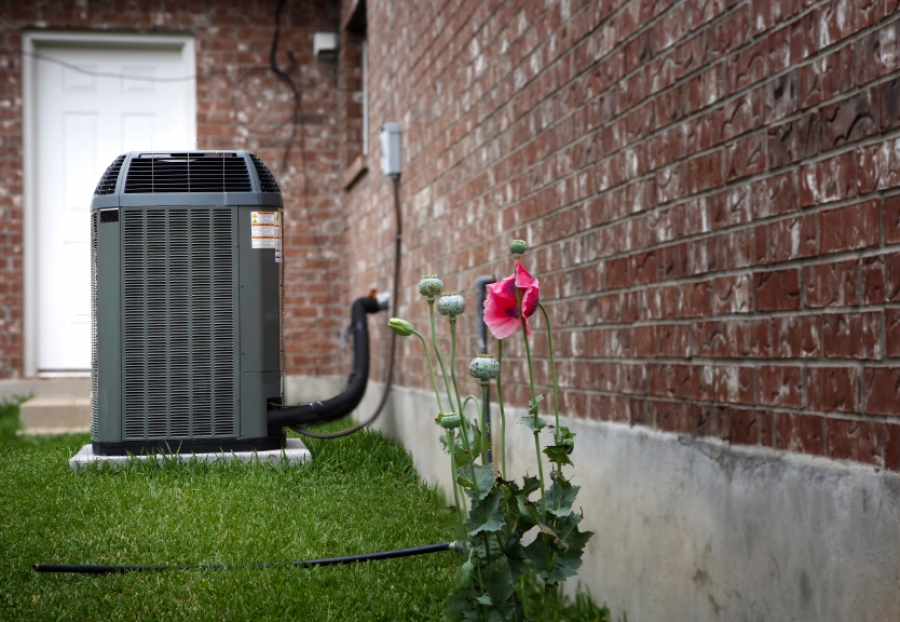Guide to Understanding Home Cooling Efficiency
Knowledge and regular maintenance can enhance the function and increase the lifespan of your home cooling system, and it can also save you money.

Not only will your monthly utility bills be lower, but you can also avoid the cost of repairs and replacements of your cooling unit.
Our guide to home cooling efficiency can be broken into two sections:
-
Home energy audit
-
Efficiency improvement via maintenance
Home Energy Audit
When was the last time (if ever) that you had your home audited for energy efficiency? The benefits of a home energy audit are numerous, with the biggest one being that you will learn how to operate your home correctly.
A home energy audit is a detailed look into a home to determine:
-
where heating and cooling are lost;
-
what systems may be operating inefficiently; and
-
what cost-effective methods can be used to make the home comfortable, affordable, and efficient.
When you order a home energy audit, you will choose from two different types. The first is a Home Energy Survey, during which an agent visits your house and performs a general survey of the house without using special diagnostic equipment to make detailed assessments. The agent will check for visible moisture, evaluate certain health and safety risks, and examine the basics of building components such as doors and windows, appliances, and heating, cooling, and ventilation systems in order to determine where a you may be able to save money on energy costs.
The second type of audit is a Building Performance Assessment, during which an agent visits your home and performs a more detailed analysis of your property using diagnostic tools. This assessment focuses on leaks in the building that may be coming through ducts, windows, doors, or floors. If you suspect that you have an efficiency issue pertaining to your home cooling, this Building Performance Assessment may be your best option.
In addition to arranging a home energy audit and performing maintenance on your heating and cooling system, you should shop around for the best utility rates for your home. Sites such as www.saveonenergy.com provide comparison services for homeowners among pre-screened energy companies. Check to see if you may be able to get lower rates than you're currently paying.
Efficiency Improvement Via Maintenance
According to the American Council for an Energy-Efficient Economy (ACEEE), compressor units in most air conditioners have a life of 10 to 12 years, but proper careful maintenance could extend the life up to 20 years. The recommendations of the ACEEE not only improve the life of the unit but the overall energy efficiency of the house. Follow their four simple steps to improve energy efficiency to extend the life of the unit and save money on cooling.
ACEEE also recommends that consumers show smarts when looking for a home air conditioning unit. If you are in the market for a new air conditioner, check the efficiency for the following:
-
Seasonal Energy-Efficiency Ratio (SEER): The rating should be at least 14.5 (or 15 for hotter climates). The higher the SEER, the more energy-efficient the cooling unit is.
-
Energy-Efficiency Ratio (EER). The rating should be at least 12.0, but the higher the EER you can afford, the more efficient the cooling unit will be. If you can purchase an Evaporative Cooler instead, do so. A higher EER is more important than a higher SEER, so if you have to choose between one or the other, go with a higher EER. Achieving energy efficiency is easier than you may think and can keep your home cooler in the summer and more comfortable in the winter.

Sara Stringer
Sara is a freelance writer who enjoys writing about home improvement. She explores topics ranging from interior design to plumbing, and she puts her ideas to the test by renovating and refining her own home in Southern California. She recommends finding ways to cut down on cooling costs at www.saveonenergy.com.

